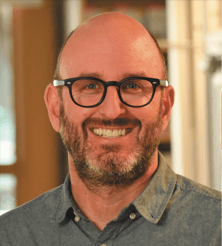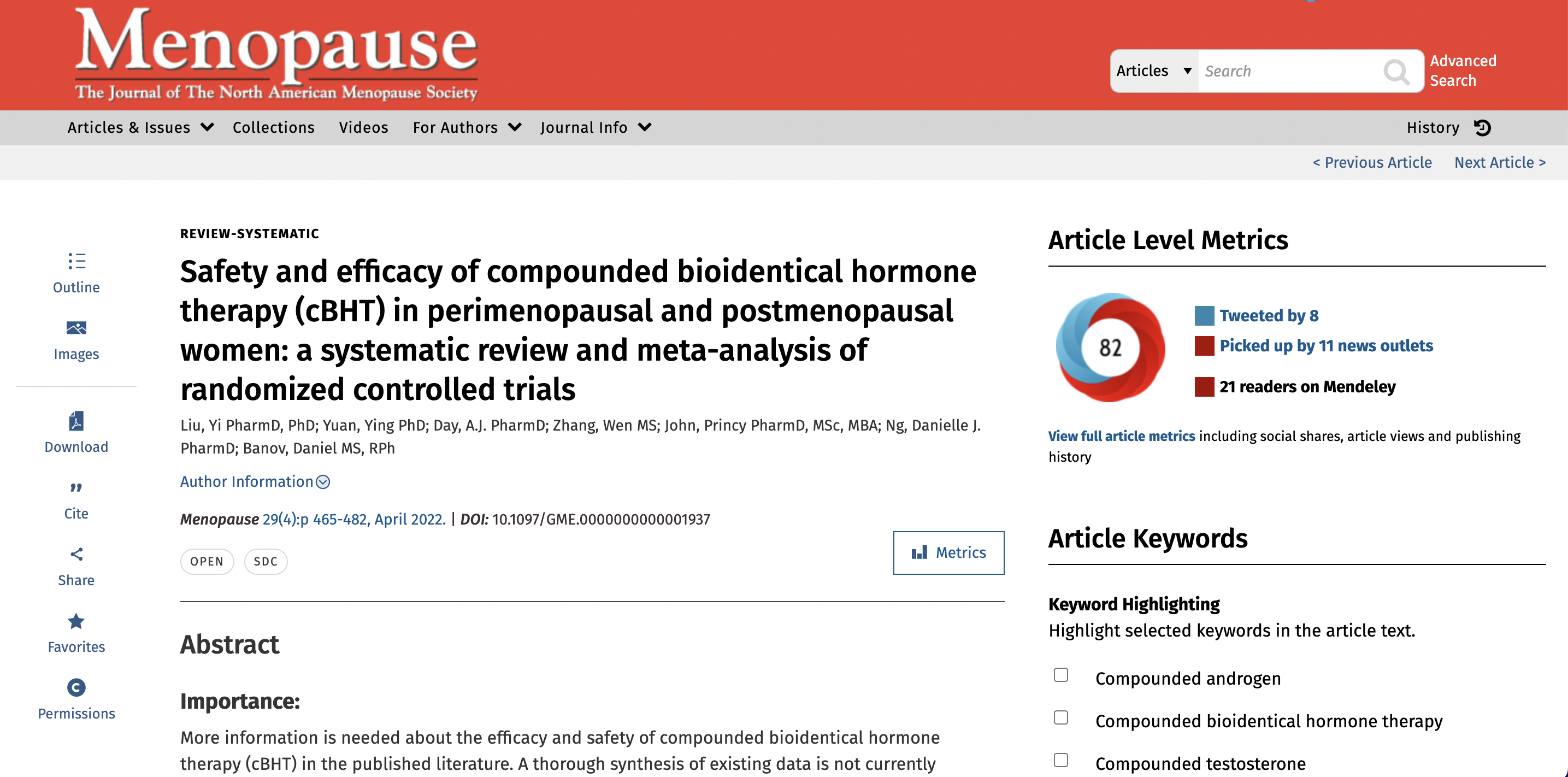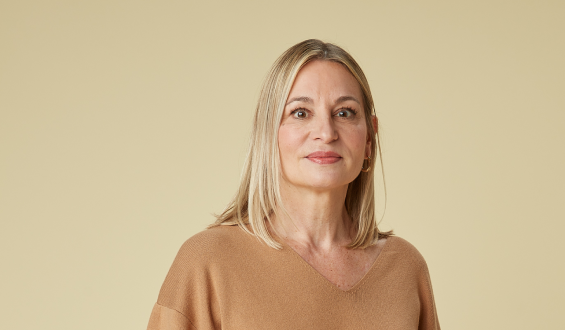
Hear their stories. Protect their own words. Protect their access to compounded medicines.
On this page, we can only touch on the data that demonstrates the importance of compounded medicines to the lives of millions of people in this country. While the decision to take this vital therapy from patients and physicians might be profitable for big pharmaceutical companies, it will be disastrous for the millions of patients that those same pharmaceutical companies cannot serve!
Explore our interactive map that demonstrates the importance of compounded medicines to patients all across the country. Filter these first-hand accounts by state to see just how vital compounded medicines are.
No. of testimonials





